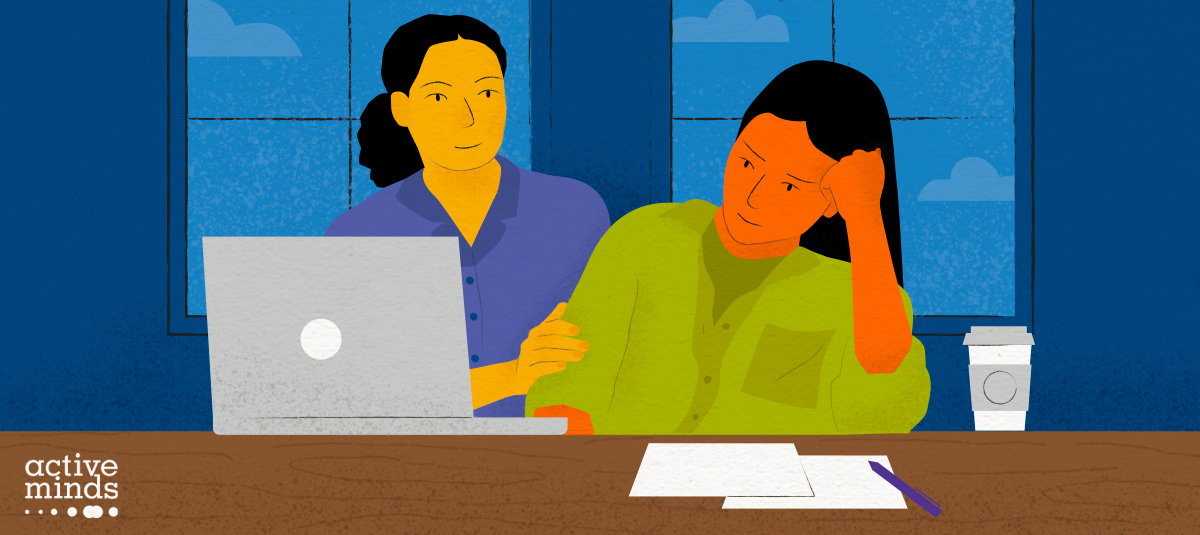The clinical definition of well-being comprises four components: the individual realizes their abilities, can cope with the everyday stresses of life, can work productively and fruitfully, and can contribute to their community. Simple, right? If only. In my one and half years as a college student, I have learned the importance of stress management, which directly connects to mental wellness. However, this is much easier said than done; often, the most challenging step is recognizing that you need to focus on improving your mental wellness in the first place and acknowledging what is contributing to your current stress.
Prioritizing mental wellness not only helps individuals enhance their lifestyle but also empowers them to be more resilient and handle challenging situations and setbacks more efficiently. I firmly believe that mental health is equally important as physical health, if not more. For an individual to give a hundred percent, they need to have a balanced state of mind and be equipped to handle the stressors in everyday life. A well-nurtured mental state of mind also fosters emotional intelligence, which allows individuals to navigate various social interactions and conflicts with greater empathy and understanding, which is essential in maintaining healthy relationships as they know how to set boundaries, whether it is in their personal or professional lives.
Mental wellness needs to be emphasized more than it is now as the demands of our lives continue to escalate, posing significant challenges to individuals’ emotional, psychological, and social well-being.
This should be addressed — however, I believe the most challenging part is simply recognizing that one needs to prioritize one’s mental wellness. For example, one of my main stressors was that I was unable to eat regularly and was often skipping my meals only to feel unhealthy later. As soon as I identified this, the repair took a while, but I pushed myself to have one proper meal a day. This is just one example of how a recurring but solvable stressor was inhibiting my mental wellness and the change that occurred once I finally recognized the problem and was able to enact a positive change.
In this new year, let us reiterate that improving our mental wellness is not an individual responsibility but a collective responsibility. In all communities, we must work toward fostering an environment where mental wellness resources are available, and open conversations are not stigmatized. Normalizing conversations around emotions and stress is an essential part of ensuring this, and along with that, seeking help when necessary should be encouraged.




